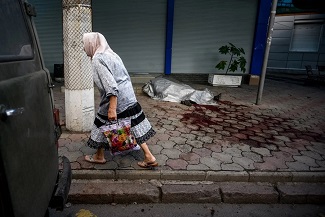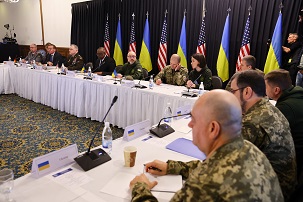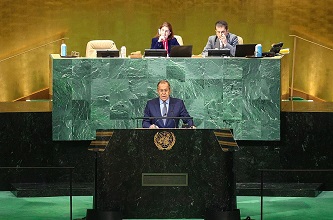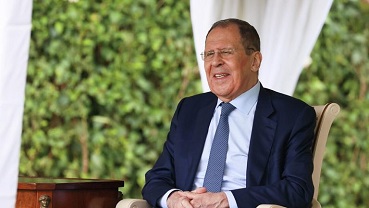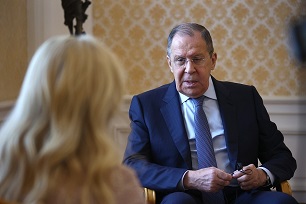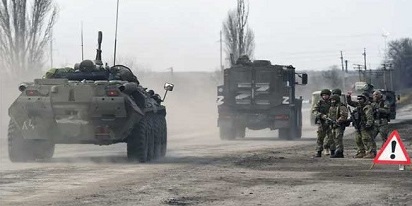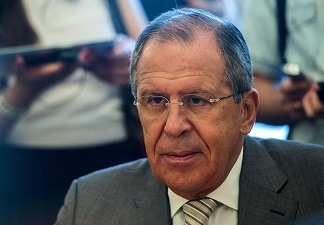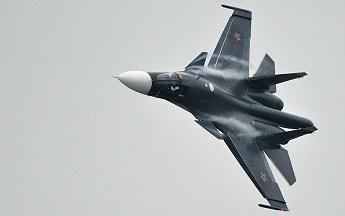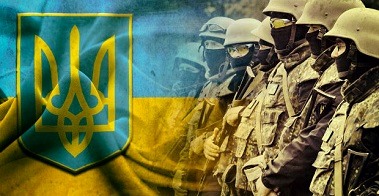Interview with Sergey Lavrov to the International Life magazine
Sergey Lavrov
Foreign Minister of Russia
The Ministry of Foreign Affairs
of the Russian Federation
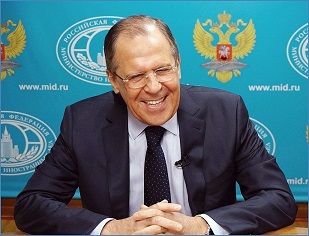
Interview with Sergey Lavrov to the International Life magazine (August 19, 2023)
Question: The world has entered a period of confrontation between the concepts of global development: the position of Russia, China, and, in general, the non-Western position as opposed to the policy of Western dominance. Was it inevitable, based on the differences in civilizations, approaches to the use of force and international law, and understanding of the role of international institutions? In the context of the current challenges, what, in your opinion, is Russia's role and mission?
Sergey Lavrov: I cannot but agree that the concept of Western dominance promoted by the United States and the countries that obey it does not imply the harmonious development of the entire humanity. On the contrary, we have to deal with the constant desire of the Western minority for military-political and financial-economic expansion. The slogans change: they talk about globalization, then about Westernization, Americanization, universalization, liberalization, and so on. But the essence remains the same - to subjugate all independent players to its will, to force them to play by the rules favorable to the West.

























